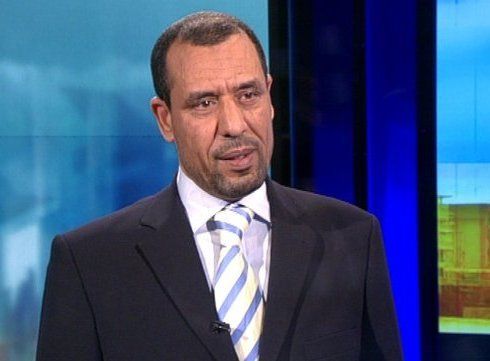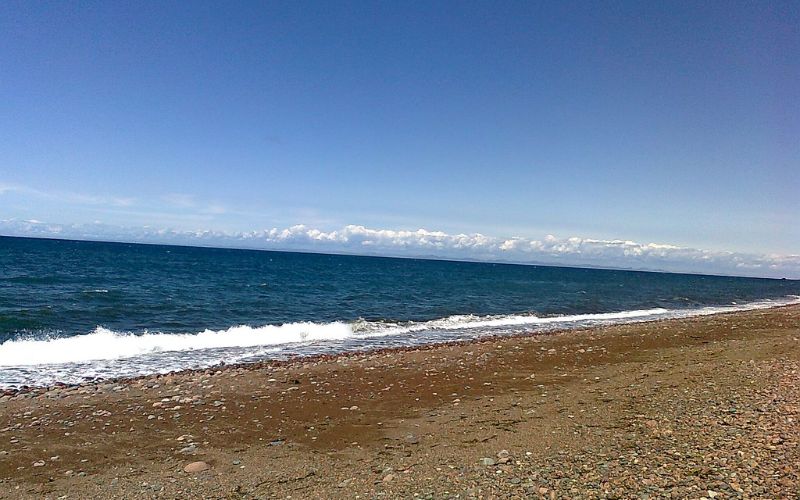The discovery of traces of pork in halal meat from a County Tyrone processing plan have been described as 'very disturbing' by a leader of Ireland's Muslim community.
According to RTE, Dr Ali Saleem of the Islamic Cultural Centre told RTE's 'Morning Ireland' that it would be catastrophic for a Muslim to consume pork as it is a clear breach of Islamic law.
'For a Muslim, it is equivalent to taking drugs, it is very much forbidden,' Dr Saleem said.
Irish beef had a wonderful reputation among Muslims in Britain and Ireland and it was feared that the discovery would lead to a strong hit on the Irish beef product, he said. Irish beef would have to be tested again by the Muslim community's own agencies that monitor the halal process, Saleem added.
Read More: Donegal priest quits due to verbal and physical abuse by parishioners
In the UK, the Food Standards Agency (FSA) met with food retailers and suppliers yesterday, after traces of pork DNA were found in halal-certified prison food. The FSA reportedly ordered the meeting after a series of mis-labelled or contaminated food products reached the UK public.
McColgan Quality Foods of Strabane, County Tyrone, was identified as the supplier of the product to a wholesale distributor, which supplied contaminated beef pies to UK prisons. The wholesaler later confirmed that all halal products from the manufacturer were withdrawn from supply.
Meanwhile the FSA is investigating how far contaminated products have been distributed. FSA director Steve Wearne told RTE the agency had called a meeting with 'a range of suppliers to stress again the responsibility of all food businesses to ensure the food that they sell contains what it says on the label.'
Read More: Day of reckoning for Magdalene survivors who say time has come for State to apologize - VIDEO
An FSA spokeswoman added: 'People have a right to expect that the food they are eating is correctly described. It is the responsibility of food businesses to ensure the food they sell contains what it says on the label. We are considering, with relevant local authorities, whether legal action is appropriate following the investigation.'




Comments